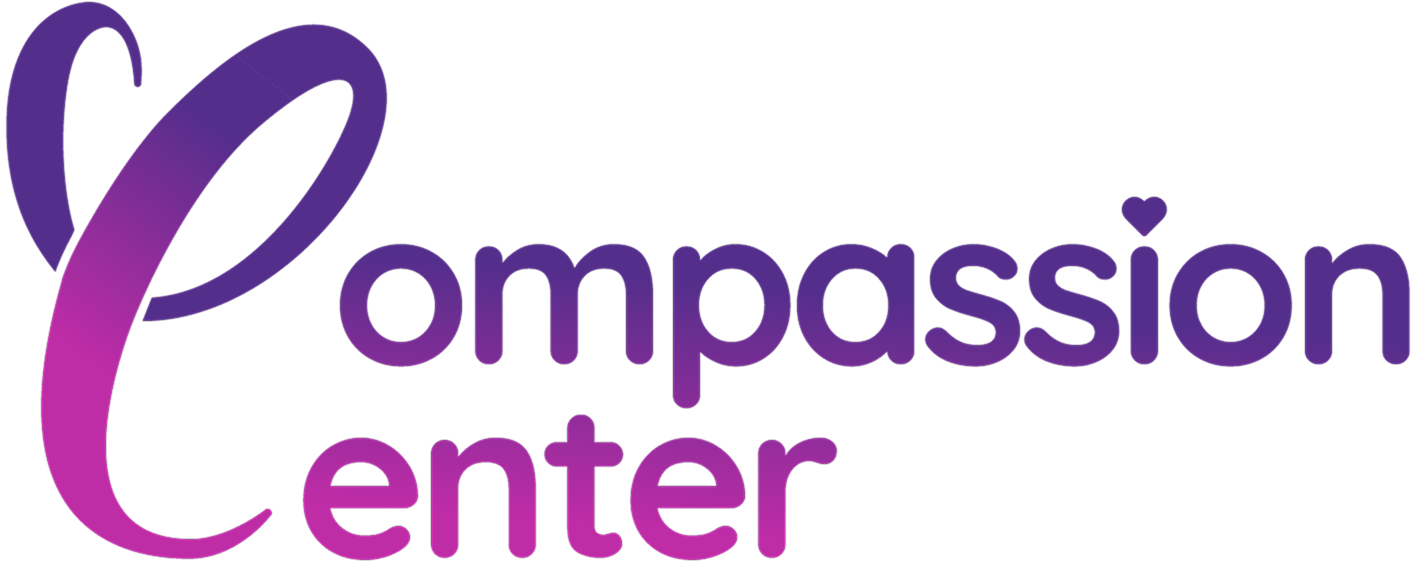The Heart of Georgia

The Compassion Center of Georgia offers specialized Cognitively-Based Compassion Training (CBCT) and support to corporate and civic leaders, public and nonprofit organizations, first responders and sports teams throughout Atlanta and beyond.
In collaboration with the Emory University's Center for Contemplative Science and Compassion-Based Ethics, our goal is to uplift and empower the indispensable leaders and organizations working so hard to make Atlanta a better, safer, healthier and more empowered city.
.png)
Compassion Training Makes a Difference
Compassion Training is designed to provide tools people can use to enhance their own resilience, emotional regulation, and empathy, offering ways to integrate this kind of approach into the programs and services their organizations offer the community.
Compassion Training is for everyone with particular benefits for different audiences:
![[team] image of individual team member](https://cdn.prod.website-files.com/68c483713a4346849de22d40/68caf6f79522733829af0bb2_IMG_0561.jpeg)
Provides tools to manage stress and maintain compassion even in challenging situations, demonstrating how human connection in public service matters in astonishing ways and how missed opportunities for compassion can have devastating effects.
![[team] image of individual team member](https://cdn.prod.website-files.com/68c483713a4346849de22d40/68caf6f79522733829af0bba_249603348142514139.jpeg)
Helps community leaders, educators, and activists cultivate compassion to address violence, trauma, and social injustice effectively.
![[team] image of individual team member](https://cdn.prod.website-files.com/68c483713a4346849de22d40/68caf6f79522733829af0bc8_IMG_0596.jpeg)
Supports staff and volunteers in their mission-driven work, preventing compassion fatigue and encouraging sustainable care for themselves and others.
![[team] image of individual team member](https://cdn.prod.website-files.com/68c483713a4346849de22d40/68caf6f79522733829af0bd8_IMG_3570.jpeg)
Assists athletes and coaches develop compassion toward teammates and opponents as well as themselves, fostering mental well-being and a supportive team culture.
![[team] image of individual team member](https://cdn.prod.website-files.com/68c483713a4346849de22d40/68caf6f79522733829af0be8_IMG_6852.jpeg)
Promotes compassionate leadership, teamwork, and conflict resolution, building a positive work environment, reducing burnout, facilitating informed decision-making, increasing productivity and improving the bottom line.
Provides tools to manage stress and maintain compassion even in challenging situations, demonstrating how human connection in public service matters in astonishing ways and how missed opportunities for compassion can have devastating effects.
![[team] image of individual team member](https://cdn.prod.website-files.com/68c483713a4346849de22d40/68caf6f79522733829af0bb2_IMG_0561.jpeg)
Helps community leaders, educators, and activists cultivate compassion to address violence, trauma, and social injustice effectively.
![[team] image of individual team member](https://cdn.prod.website-files.com/68c483713a4346849de22d40/68caf6f79522733829af0bba_249603348142514139.jpeg)
Supports staff and volunteers in their mission-driven work, preventing compassion fatigue and encouraging sustainable care for themselves and others.
![[team] image of individual team member](https://cdn.prod.website-files.com/68c483713a4346849de22d40/68caf6f79522733829af0bc8_IMG_0596.jpeg)
Assists athletes and coaches develop compassion toward teammates and opponents as well as themselves, fostering mental well-being and a supportive team culture.
![[team] image of individual team member](https://cdn.prod.website-files.com/68c483713a4346849de22d40/68caf6f79522733829af0bd8_IMG_3570.jpeg)
Promotes compassionate leadership, teamwork, and conflict resolution, building a positive work environment, reducing burnout, facilitating informed decision-making, increasing productivity and improving the bottom line.
![[team] image of individual team member](https://cdn.prod.website-files.com/68c483713a4346849de22d40/68caf6f79522733829af0be8_IMG_6852.jpeg)
A lot of times when you're doing this your mind is busy, your mind is racing, and trying to really use that meditation muscle to focus on one thing, that can be very healing for the other person...That's one thing I've seen that really works. Quieting the mind. Quieting the noise.
Name / Role

.png)
Use #OurWordsHeal when sharing your trauma healing story.
“Healing begins when we share our stories and listen with compassion.”



